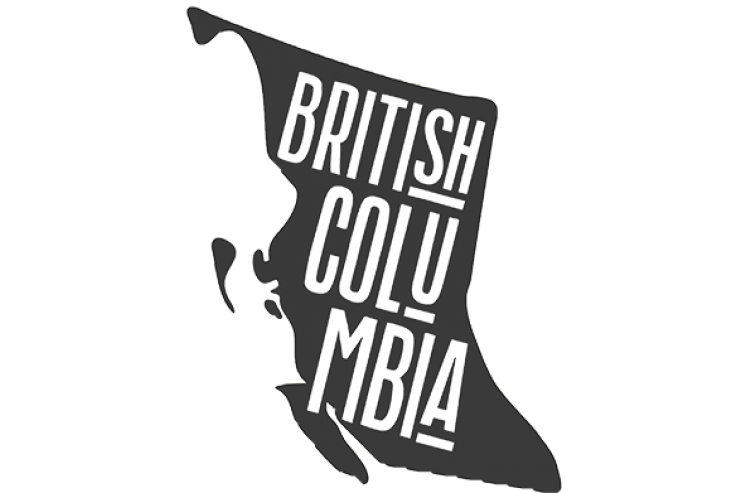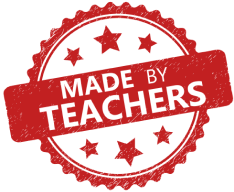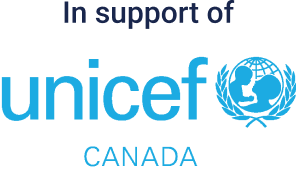British Columbia Grade 4

CLICK HERE FOR CURRICULUM CONNECTIONS, LESSONS AND SUPPORT RESOURCES.
Made by a Grade 4 teacher in British Columbia.
Kids Boost Immunity (KBI) provides educational content (lessons and support materials) developed by teachers and where needed, health experts, that is directly linked to curriculum and is available completely for free. Each lesson is paired with an online quiz that students can take on a laptop, tablet, or phone. Every time a student scores 80% or higher on a quiz, we donate life-saving vaccines to UNICEF Canada. To learn more about KBI, click here.
Click on the overarching curriculum themes below to see the curriculum outcomes that match KBI educational content. The full Grade 4 British Columbia Curriculum Connections document is here.
- Building Critical Inquiry and Reflective Thinking Skills
-
Curricular outcomes:
English Language Arts - Big Ideas
- Questioning what we hear, read, and view contributes to our ability to be educated and engaged citizens
ELA Curricular Competency
- Comprehend and connect (reading listening, viewing)
- Access and integrate information and ideas from a variety of sources and from prior knowledge to build understanding
- Consider different purposes, audiences, and perspectives in exploring texts
- Apply a variety of thinking skills to gain meaning from texts
- Identify how differences in context, perspectives, and voice influence meaning in texts
Science - Curricular Competency
- Evaluating
- Suggest ways to plan and conduct an inquiry to find answers to their questions
Social Studies - Curricular Competency
- Use Social Studies inquiry processes and skills to ask questions; gather, interpret, and analyze ideas; and communicate findings and decisions
- Key skills:
- Compare information and viewpoints about a selected problem or issue
- Give reasons for using more than one source of information (e.g., differing points of view, currency of information, level of detail, reliability)
- Apply a variety of strategies for information gathering (e.g., headings, indices, Internet searches)
- Distinguish between primary and secondary sources
- Ask questions, corroborate inferences, and draw conclusions about the content and origins of different sources (evidence)
Applicable KBI lessons:
1. Critical Thinking & Evaluating Information
- Literacy builder worksheet/answer guide
- Lesson worksheet/answers
- Video worksheet/answers
- Inquiry activities/answer guides
- Numeracy activity/answers
- First Peoples Pre-Contact, Treaties, Colonization, The Indian Act
-
Curricular outcomes:
English Language Arts - Curricular Competency
- Comprehend and connect (reading listening, viewing)
- Demonstrate awareness of the oral tradition in First Peoples cultures and the purposes of First Peoples texts
- Identify how story in First Peoples cultures connects people to land
Science - Curricular Competency
- Identify First Peoples perspectives and knowledge as sources of information
Social Studies - Curricular Competency
- Differentiate between intended and unintended consequences of events, decisions, or developments, and speculate about alternative outcomes (cause and consequence)
- Construct narratives that capture the attitudes, values, and worldviews commonly held by people at different times or places (perspective)
- Make ethical judgments about events, decisions, or actions that consider the conditions of a particular time and place (ethical judgment)
Social Studies - Content
- Early contact, trade, cooperation, and conflict between First Peoples and European peoples
- The fur trade in pre-Confederation Canada and British Columbia
- Economic and political factors that influenced the colonization of British Columbia and its entry into Confederation
- The impact of colonization on First Peoples societies in British Columbia and Canada
Applicable KBI lessons:
1. Life on Turtle Island
- Literacy builder worksheet/answer guide
- Lesson worksheet/answers
2. Cooperation and Colonization
- Literacy builder worksheet/answer guide
- Lesson worksheet/answers
- Comprehend and connect (reading listening, viewing)
Curriculum-Related Themes Throughout the Year
- Reflecting on hardships and courage during WWII (November)
-
Curricular outcomes:
English Language Arts - Big Ideas
- Exploring stories and other texts helps us understand ourselves and make connections to others and to the world
Physical and Health Education - Content
- Communicable and non-communicable illnesses
Applicable KBI lessons:
1. Remembrance Day / Veterans Day / Armistice Day
- Being kind and building leadership skills to help make a difference to others (December)
-
Curricular outcomes:
Core Competency - Personal and Social
- Social Awareness and Responsibility
- Building relationships
- Students build and maintain diverse, positive peer and intergenerational relationships. They are aware and respectful of others’ needs and feelings and share their own in appropriate ways. They adjust their words and actions to care for their relationships
Physical and Health Education - Core Competency
- Social and community health
- Describe and apply strategies for developing and maintaining positive relationships
Applicable KBI lessons:
1. Winter Break - Spreading Kindness
- Highlighting some key inspirational leaders during Black History Month as well as some experiences of refugees from different parts of the world (February)
-
Curricular outcomes:
English Language Arts - Big Ideas
- Exploring stories and other texts helps us understand ourselves and make connections to others and to the world
Core Competency - Personal and Social
- Social Awareness and Responsibility
- Valuing diversity
- Students value diversity, defend human rights, advocate for issues, and interact ethically with others. They are inclusive in their language and behaviour and recognize that everyone has something to contribute. Their approach to inclusive relationships exemplifies commitment to developing positive communities
Physical and Health Education - Big Ideas
- Developing healthy relationships helps us feel connected, supported, and valued
PHE - Core Competency
- Describe and assess strategies for responding to discrimination, stereotyping, and bullying:
- Cultivating an awareness of bullying, discrimination, and violence based on gender identity/ expressions, sexuality, race, religion, or ethnicity, etc.
Applicable KBI lessons:
1. Black History Month
2. Refugee Experiences
- Lesson worksheet/answers
- Inquiry activities
- Celebrating inspiring women in STEM (March)
-
Curricular outcomes:
Core Competency - Personal and Social
- Social Awareness and Responsibility
- Valuing diversity
- Students value diversity, defend human rights, advocate for issues, and interact ethically with others. They are inclusive in their language and behaviour and recognize that everyone has something to contribute. Their approach to inclusive relationships exemplifies commitment to developing positive communities
Physical and Health Education - Big Ideas
- Developing healthy relationships helps us feel connected, supported, and valued
PHE- Core Competency
- Describe and assess strategies for responding to discrimination, stereotyping, and bullying:
- Cultivating an awareness of bullying, discrimination, and violence based on gender identity/ expressions, sexuality, race, religion, or ethnicity, etc.
Applicable KBI lessons:
1. International Women's Day - Celebrating Inspiring Women in STEM
- Literacy builder worksheets/answer guides
- Inquiry activities
- Caring for the environment (Earth Month in April)
-
Applicable KBI lessons:
1. Environment & Climate Change
- Literacy builder worksheet/answer guide
- Lesson worksheet/answers
- Video worksheet/answers
- Inquiry activities/answer guides
- Numeracy activity/answers
- Understanding communicable diseases and how they are spread, and learning about immunization. Suggested during flu season, immunization awareness week, and school vaccinations (if applicable)
-
Curricular outcomes:
Physical and Health Education - Content
- Communicable and non-communicable illnesses
Applicable KBI lessons:
1. Immunization Awareness Week
2. The Spread of Infectious Diseases
3. Scientific Curiosity and Vaccine Discoveries




